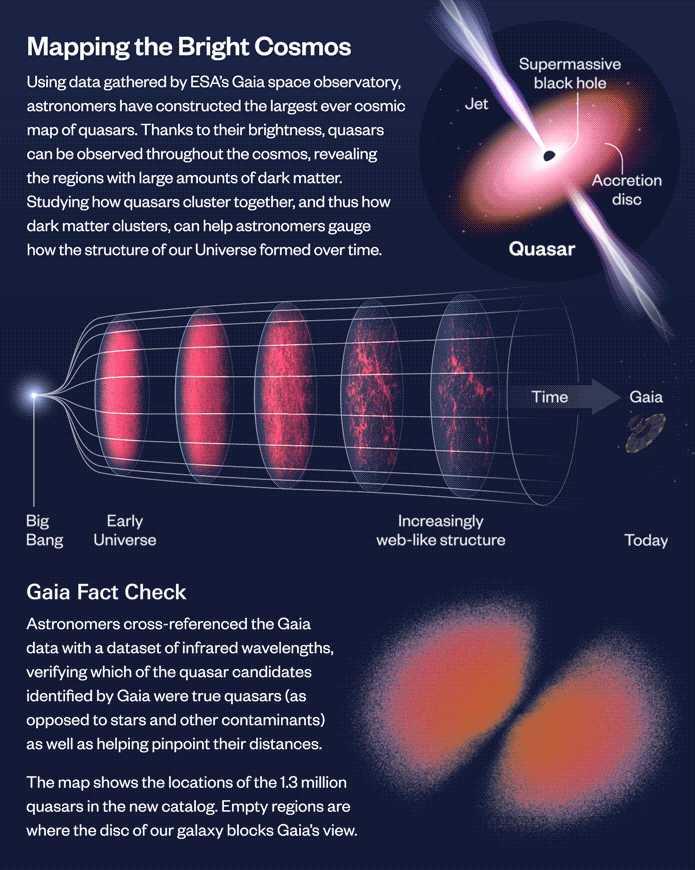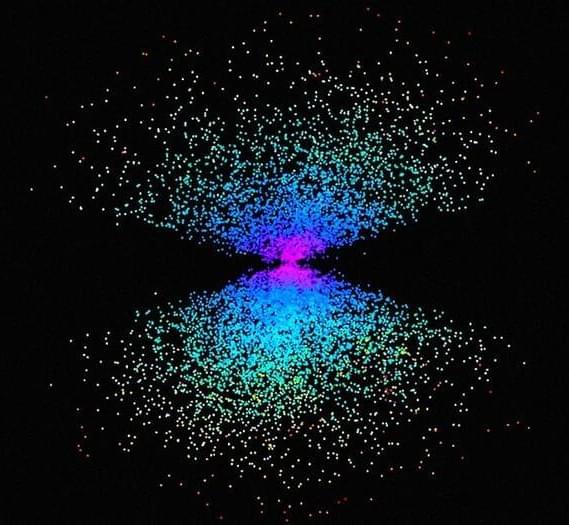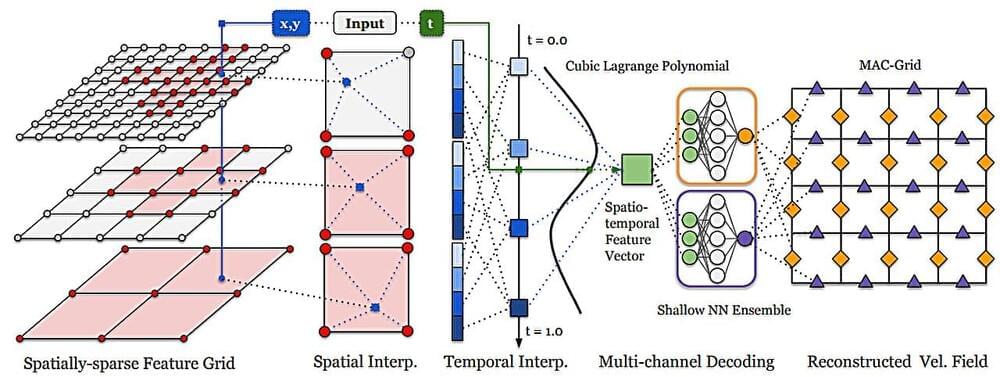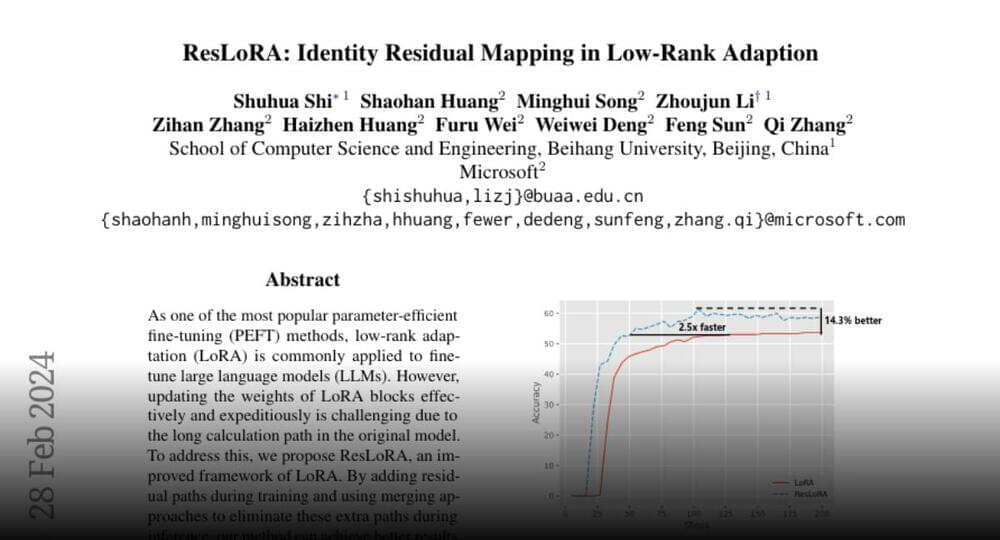This article includes computer-generated images that map internet communities by topic, without specifically naming each one. The research was funded by the US government, which is anticipating massive interference in the 2024 elections by “bad actors” using relatively simple AI chat-bots.
In an era of super-accelerated technological advancement, the specter of malevolent artificial intelligence (AI) looms large. While AI holds promise for transforming industries and enhancing human life, the potential for abuse poses significant societal risks. Threats include avalanches of misinformation, deepfake videos, voice mimicry, sophisticated phishing scams, inflammatory ethnic and religious rhetoric, and autonomous weapons that make life-and-death decisions without human intervention.
During this election year in the United States, some are worried that bad actor AI will sway the outcomes of hotly contested races. We spoke with Neil Johnson, a professor of physics at George Washington University, about his research that maps out where AI threats originate and how to help keep ourselves safe.









